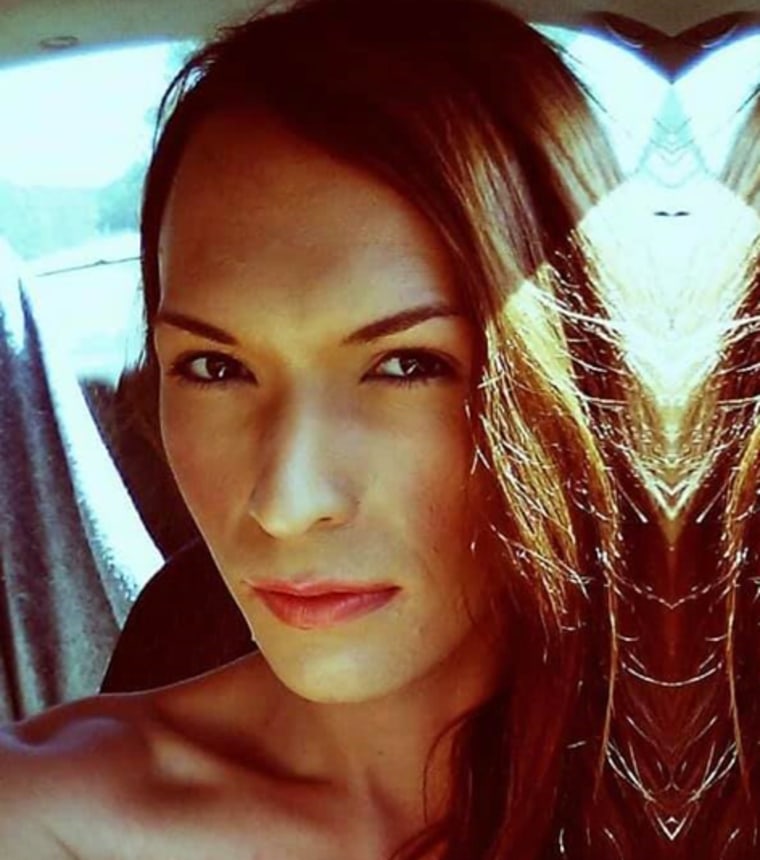LGBTQ missing persons Facebook page highlights unsolved cases
A Colorado man launched a Facebook page to help solve cases involving LGBTQ people who are missing or have died but have yet to be officially identified.
Lazarus Rise, who is transgender, started the Missing and Unidentified LGBT Individuals Facebook page in April 2020. He was inspired to do so after discovering a decades-old case of a missing woman who investigators originally thought was cisgender but later discovered she was transgender.
The unidentified trans woman was found dead and was believed to have been killed in Clermont, Florida, in 1988. Investigators learned she was transgender after her body underwent DNA testing in 2015, upending the case.
“How many other people are out there like that — unidentified — that could have been trans, but you never know it because they can’t speak for themselves anymore?” Rise asked during an interview with KUSA, an NBC affiliate in Denver. “So, it really started making me think about all the people that have gone missing and unidentified that no one ever noticed or cared about it.”
LGBTQ people — and transgender and gender-nonconforming people in particular — disproportionately face discrimination and violence in the United States. At least 50 trans or gender-nonconforming people, the majority of them Black, have died by violence this year, making 2021 the deadliest year on record for trans people, according to the Human Rights Campaign, which has been tracking fatal anti-trans violence since 2013.
Rise’s missing LGBTQ persons Facebook page acknowledges this, noting that while the page is dedicated to finding all missing LGBTQ people, it has a “strong focus on missing and unknown transgender/gender non-conforming individuals.”

Missing people the page has recently highlighted include Aubrey Dameron — a 25-year-old Indigenous trans woman who went missing in Grove, Oklahoma, in March 2019 — and Baby James Dawson, a Black trans woman who went missing in Caldwell, Texas, in October 2020.
“There is such a lack of representation, especially with queer, Black and brown people,” Rise told KUSA. “No one really cares, and it is such an injustice. So if I could do whatever I can and just put my articles out there and just get people to read and talk about it, then I’m doing my job.”
Recommended
OUT HEALTH AND WELLNESSFDA approves first injectable HIV prevention drug
NBC OUT & PROUDMissouri high school crowns its first male homecoming queen
Rise added that he hopes the page will ensure that missing and unidentified LGBTQ people are identified by their correct names and pronouns.
“Trans people, they fight hard for their identities and their names, so it’s the least I could hope is to give that back to them in hopes that they can be respected in death,” Rise said.
A report released last month by the Human Right Campaign found that in approximately 80 percent of the reported transgender fatalities since 2013, victims were initially misgendered by the media or law enforcement. And in at least 30 of the 50 trans fatalities recorded this year, police initially misgendered victims and used their birth names, an NBC News analysis found.